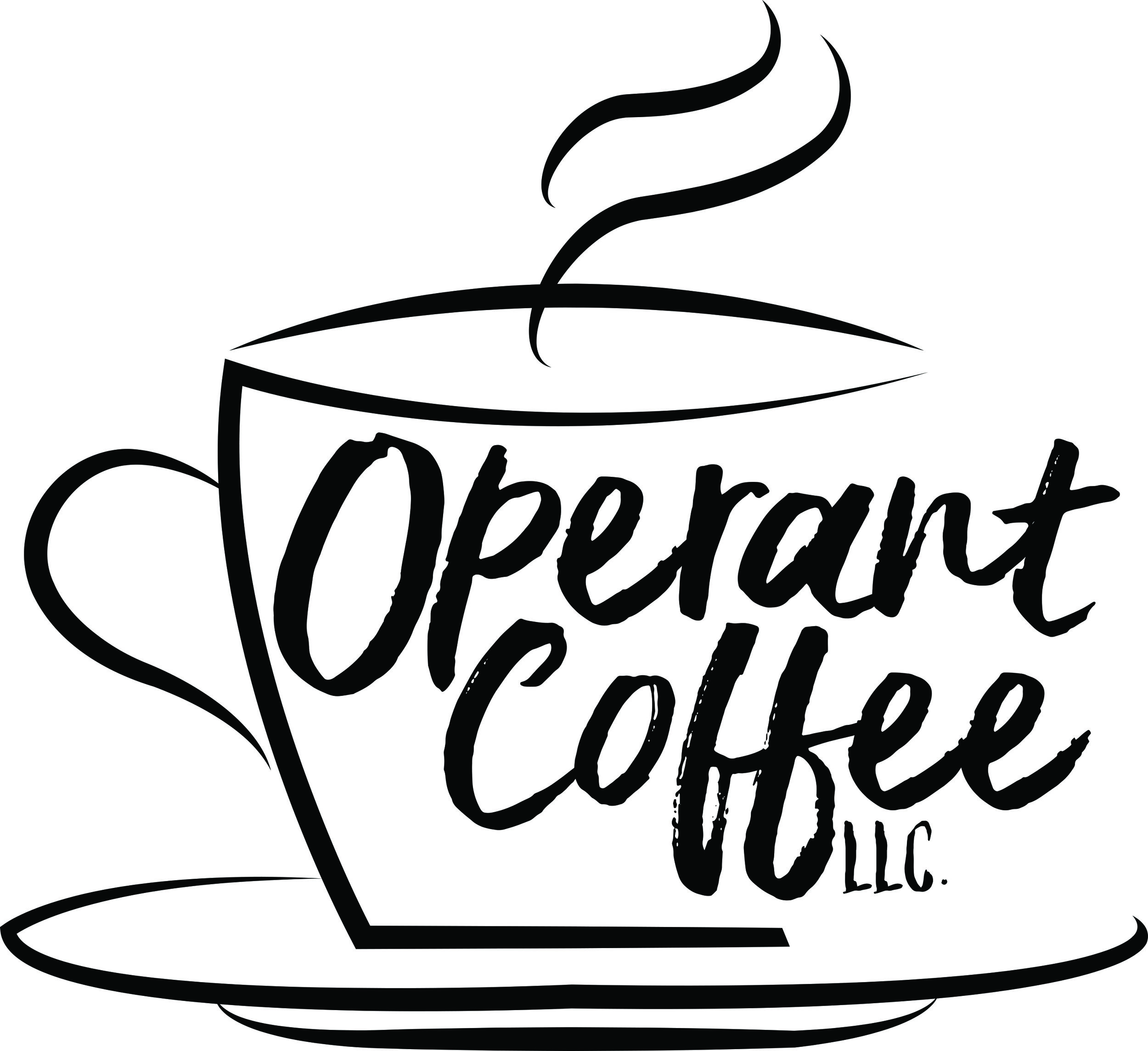Organic Coffee vs. Conventional Coffee: Why the Difference Matters
If you are a coffee lover, you probably take lots of care in selecting your beans. You choose your coffee based on its flavor, aroma, and where it comes from. However, how much thought have your given to how your favorite beverage is grown? The fact is that one of the biggest differences between coffees happens well before it reaches your mug. And, even if you are in the habit of choosing organic coffee, you might wonder why it matters so much.
About the Coffee Market
Coffee is one of the most widely traded commodities worldwide. More than 12 billion pounds of coffee beans are produced annually. That’s a lot of beans! To meet the high and ever growing demand for coffee, farming methods for conventional coffee are based on maximizing production. What results is non-organic coffee that many people buy without thinking about how it is grown. They are unaware that industrial farming methods are often not good for the environment or the workers on coffee plantations.
Conventional Coffee: The Bitter Brew
Conventional coffee is part of the group of foods that are the most heavily treated with chemicals. The coffee crop is grown with synthetic fertilizers and treated with pesticides, insecticides, herbicides, and fungicides. Not only does the environment suffer from chemical overload, but so also do the people who work and live there. Workers are exposed to high levels of chemicals when spraying and harvesting the crop. The surrounding communities are affected because of chemical residues in water and air. Many of these chemicals, even in trace amounts, are extremely toxic and detrimental to human and animal health.
Conventional Coffee Destroys the Natural Environment
Coffee plants prefer shade, but a crop grown in forested areas is more difficult to tend and harvest and cannot be planted densely. So, hybrid coffee plants that can flourish in sunlight have been developed. This has led to the clearing of forests to make room for open fields to grow massive numbers of sun-loving coffee plant varieties. Coffee production increases, but the wild ecosystem of fauna and flora is destroyed. Natural pest controllers, like lizards and birds, lose their habitats and then the inevitable happens. Populations of coffee-ruining insects explode, leading to ever more pesticide use. And, minus natural fertilizer (bird droppings, leaf litter, and other natural decay), the use of chemical fertilizer also increases.
What Happens When it Rains?
Lack of tree cover means increased water runoff when it rains. Topsoil washes away, carrying with it natural nutrients leading to, yes you guessed it, more chemical fertilizer. Over time, the soil becomes so eroded and degraded that almost nothing can grow well, leading to abandoned coffee farms. Rainwater also carries away all of the chemicals the soil and coffee plants have been treated with, and they inevitably end up in local water supplies.
Organic Coffee: The Beautiful Brew
Organic coffee is grown without the use of synthetic fertilizers or chemicals. This not only results in cleaner beans, it means cleaner air, soil, and water. Fertilizers are used, but they are organic, e.g., compost, coffee pulp, and chicken manure. When you drink a brew made from organic beans, you are imbibing coffee that is richer in healthful antioxidants, and you can taste the difference. Both your health and the planet’s health get a boost.
Organic Coffee Is Grown Naturally
Most organic coffee is grown the way natured intended within the shade of lush forests. Shade coffee farms preserve the natural ecosystem. Wild plants and animals retain their homes, soil fertility is maintained, and humans are not subjected to toxic chemicals. Forested coffee farms are more resilient and can better handle unusual weather patterns resulting from climate change. This helps to safeguard the futures of coffee farmers.
What Can You Do to Help?
If you truly care about how your coffee is grown, try buying organic coffee. The organic coffee market is growing because of increasing demand from people who want to drink something that tastes good and that they can also feel good about.
· At Operant Coffee, our mission is to serve you amazing organic coffee while also saving the world with behavior analysis. We sell fair trade certified and organic beans. You will be supporting sustainable growing methods, healthy ecosystems, and great coffee!

